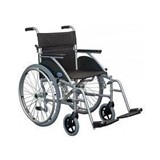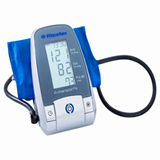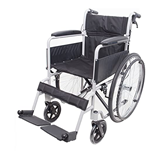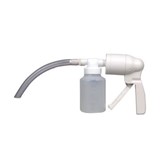A ‘disorder’ implies a condition with a multifactorial aetiology. WMSDs (Work-related musculoskeletal disorders) often develop from exposure to more than one workplace hazard and do not always fit neatly into an ‘injury’ or ‘disease’ category. This group of disorders includes the following:
- repetitive strain injuries
- occupational overuse syndrome
- back injury
- osteoarthritis
- backache
- sciatica
- slipped disc
- carpal tunnel syndrome
- tendinitis’
- and others
The model Work Health and Safety Regulations define musculoskeletal disorders as ‘an injury to, or disease of, the musculoskeletal system, whether occurring suddenly or over time’. This definition does not include an injury caused by ‘crushing, entrapment or cutting resulting principally from the mechanical operation of plant’.
The Nature and Classification of WMSDs
The term WMSDs encompasses a wide range of symptoms and conditions with a range of clinical diagnoses, although the reliability of these is poor, and often has few practical implications for workplace risk management (Wells, 2009). More generally, symptoms experienced by individuals with a musculoskeletal disorder, whether it is work-related or not, may include:
- local or generalised pain, aching or discomfort;
- loss or hypersensitivity of sensation to touch, heat or pressure;
- loss of muscle strength, endurance and/or flexibility;
- loss of ability to perform controlled movements, postural or balance reactions; and/or
- physical changes to muscle tone or bulk (atrophy, hypertrophy etc.), skin colour and temperature, inflammation;
- abnormal alignment of joints, loss of joint range of motion or stability (Punnett & Wegman, 2004).
These types of symptoms can potentially increase the risk of further injury, as they reduce both the physical and psychological performance capacity of an individual with a WMSD, both at work and in their other daily activities.






















